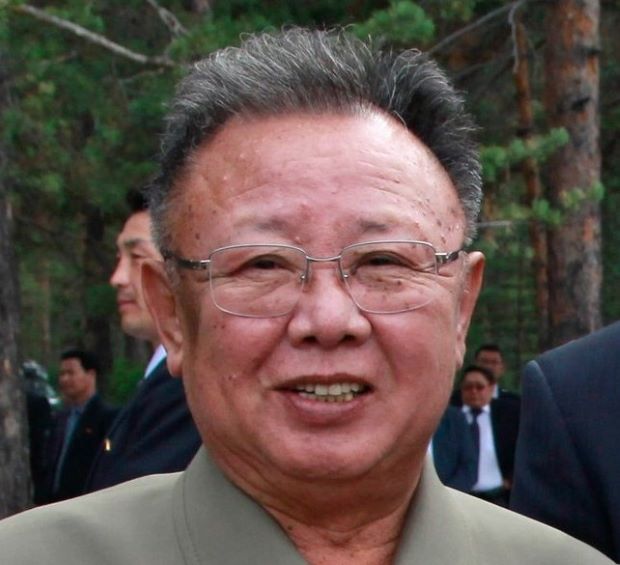July 8 in History
• 1994 – Kim Jong-il begins to assume supreme leadership of North Korea upon the death of his father, Kim Il-sung
Born Yuri Irsenovich Kim, Kim Jong-il became the second supreme leader of North Korea on this day in 1994 following the death of his father Kim Il-sung, the founder of North Korea. He was later declared the Eternal General Secretary of the Workers’ Party of Korea (WPK).
Kim, who became the heir apparent for the leadership of North Korea in the early 1980s, establishing the Kim dynasty, assumed important posts in party and army organs. He was the General Secretary of the WPK, WPK Presidium, Chairman of the National Defence Commission (NDC) of North Korea and the Supreme Commander of the Korean People’s Army (KPA), the fourth-largest standing army in the world.
Assuming leadership during a period of catastrophic economic crisis amidst the dissolution of the Soviet Union, on which it was heavily dependent for trade in food and other supplies, which brought a famine, Kim ruled North Korea as a repressive and totalitarian dictatorship. While the famine had ended by the late 1990s, food scarcity continued to be a problem throughout his tenure.
Kim strengthened the role of the military through his Songun (‘military-first”’) policies, making the army the central organizer of civil society. Kim’s rule also saw tentative economic reforms, including the opening of the Kaesong Industrial Park in 2003. In April 2009, North Korea’s constitution was amended to refer to him and his successors as the “supreme leader of the DPRK”.
The most common colloquial title given to Kim during his lifetime was ‘Dear Leader’ to distinguish him from his father Kim Il-sung, the ‘Great Leader’.
Following Kim’s failure to appear at important public events in 2008, foreign observers assumed that Kim had either fallen seriously ill or died. On December 19, 2011, the North Korean government announced that he had died two days earlier, whereupon his third son, Kim Jong-un, was promoted to a senior position in the ruling WPK and succeeded him. After his death, alongside the ‘Eternal General Secretary’ of the WPK, Kim Jong-il was declared ‘Eternal Chairman’ of the now defunct National Defence Commission, in keeping with the tradition of establishing eternal posts for the dead members of the Kim dynasty. North Korean media also began referring to Kim as ‘the General’(Changun), similar to his father’s posthumous designation as ‘the [eternal] President’.
-Wikipedia



Comments are closed, but trackbacks and pingbacks are open.